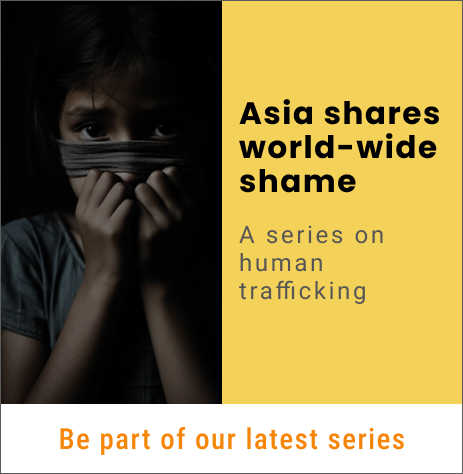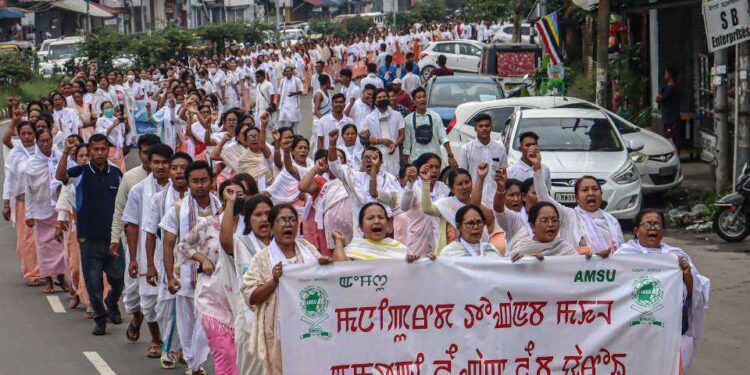Heavy rains accompanied by strong winds and hailstorms have left many indigenous Christians homeless in India’s strife-torn Manipur state in the past week.
The natural calamity damaged the houses of more than 500 indigenous Christian families who are in dire need of food, medicines, and accommodation, according to a village council report which was shared with Church authorities in Manipur involved in the rescue operations.
The report said the normal life of more than 2,000 people in the hilly regions of the state has been thrown out of gear since the past week.

Many lost their livestock and crops as heavy hailstorms weighing many kilograms wreaked havoc on March 26, said a Church leader overseeing rescue efforts.
The worst-hit Laii village in Senapati district saw 328 houses damaged.
The hilly state, bordering civil war-hit Myanmar, has witnessed sectarian strife since May 3, 2023, between tribal Christians and majority Hindus.
The communal riots between the predominantly Hindu Meiteis and Kuki-Zo tribal Christians have claimed 219 lives, mostly Christians.
The indigenous Kuki-Zo people are opposed to the Meitei community’s demand for reservation benefits meant for indigenous people under India’s affirmation action policy.
Christians in the state who make up 41 percent of Manipur’s 3.24 million population have accused the state’s ruling pro-Hindu Bharatiya Janata Party of siding with the Hindu group, who account for nearly 53 percent of the population.
Thousands of houses of indigenous Christians and over 350 churches and other Christian institutions have been destroyed and more than 50,000 people have been declared displaced in the violence.
“The rain and hailstorm have created havoc in our already shattered lives,” said a Christian leader based in Churachandpur, one of the worst-hit areas in the state.
Close to 100 houses were damaged in Churachandpur, according to the village council report.
“We urgently need tarpaulin, food, and medicines” to support the affected people, said a Church communication.
“It is a big challenge to reach out to those suffering in the remote areas,” it added.
Credit: Source link



